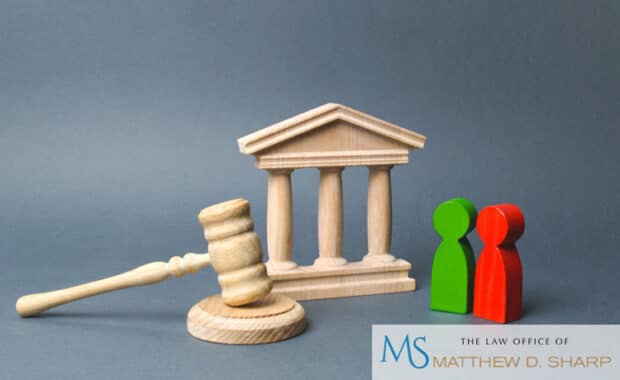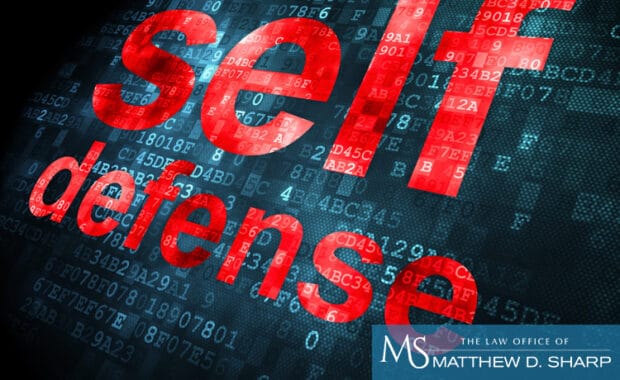It is not always possible to erase a mistake, though surely everyone has at least one or two that they would like to. Fortunately, under Texas law it is possible to completely erase certain criminal records and then legally deny that they ever happened. This happens through a process called expunction, which must be filed for through a petition to the district court.
Which Records Qualify?
Of course not all mistakes can be as easily erased as others. It is the same with arrest and criminal records. The following are some of the records that qualify for expunction:
- An arrest record with no charges filed
- Dimissed charges
- A number of different juvenile misdemeanors
- Some juvenile alcohol offenses
- Convictions for skipping school
- Cases of mistaken or stolen identity
- Cases where innocence was proven after a conviction
- Pardons by the Texas governor or U.S. president
- Records of deceased relatives that meet these qualifications.
If someone has a record that meets one of these cases, they may then file a petition for expunction. This does not mean that the records will be erased. In fact, there are many other factors taken into consideration. Some of these include a person’s record following the original arrest or conviction, length of time that has passed since the event, and if other crimes were committed at the same time. All of these can affect the willingness of a judge to consider the petition, or the eligibility under the law for the record to be erased.
How is the Petition Filed?
It is always a good idea to get some legal advice before undertaking a legal procedure, since any errors that are submitted to a court can have serious consequences and cause unnecessary delays or worse. If possible, it is probably best to have a lawyer file the petition on the petitioner’s behalf, but it can be filed by the petitioner on his or her own. The following information needs to be included on the petition:
- Information that identifies the petitioner
- Which charges were filed
- Date of the arrest
- Location of the offense
- Which law enforcement agency made the arrest
- Agencies that have the record on file
For incidents that resulted in charges, more information needs to be included in the petition including case numbers, court location, results of the the charges and the date that the case concluded. The petition must then be notarized before being submitted to the proper court.
If the incident resulted in charges, then the petition should be filed with the court where the charges took place. This could be a city, county or district court, although in the cases of pardons it could be an even higher court. If the petition is properly filed and qualifies for an expunction, the court will conduct a hearing that allows outside agencies to respond to the petition. This is really the last hurdle in having the records cleared, but if it is cleared then the records will be erased from the persons official records.
As a final note, at the hearing for the petition it is a good idea to be prepared ahead of time with an order for the judge to sign on the spot. This will verify that the records are cleared, and it is then submitted to the various agencies that hold the records so they can be officially destroyed and erased. At this point in the process the person who filed the petition is legally allowed to deny that the arrest or incident ever occurred, and they are free from any legal problems that could arise from it.
Help from an Experienced Houston Expungment Attorney
As with most legal procedures, the expunction petition can be a long and highly involved process. It could be overwhelming for many people to take on and successfully complete on their own. It is always a good idea to consult with and hire the best legal counsel available to make sure that every advantage possible goes to the side of the petition. It could be the difference between a clean record or continuing to face the consequences of a past mistake.
Consult with attorney Matthew D. Sharp to find out if you’re eligible. Call today!




